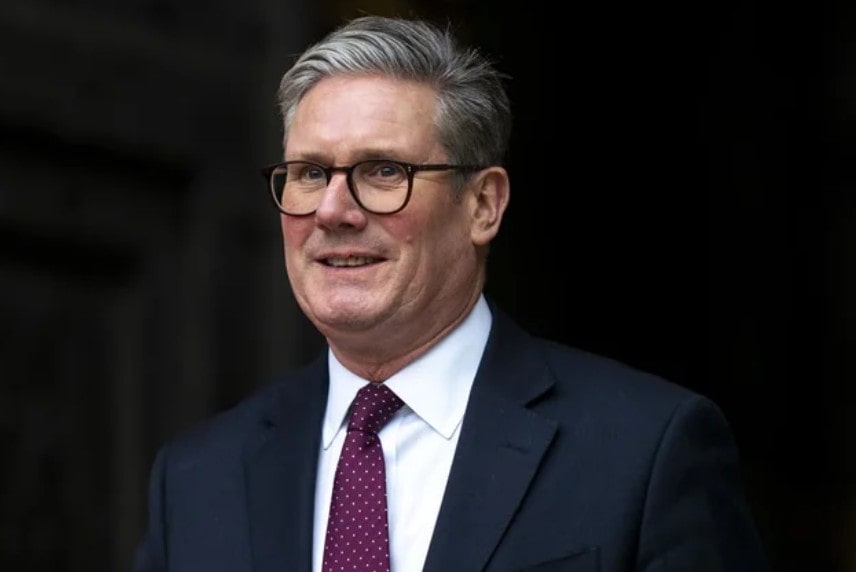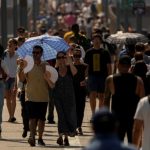Sir Keir Starmer has delivered a sharp warning about Vladimir Putin, saying the Russian president cannot be trusted “as far as you could throw him” and stressing that no peace deal should be forced upon Ukraine.
With Donald Trump set to meet Putin in Alaska this Friday, Downing Street reaffirmed Britain’s commitment to Kyiv, insisting it would back Ukraine until a “just” peace is secured.
The comments come after a weekend show of unity from Britain and its European allies, following President Volodymyr Zelensky’s firm rejection of Trump’s suggestion that Ukraine might have to surrender significant territory to Moscow in order to end the conflict.
Zelensky was defiant, declaring Ukraine “will not give Russia any awards for what it has done” and that “Ukrainians will not give their land to the occupier”.
While Downing Street did not explicitly rule out the possibility of territorial concessions, it underlined that such decisions rest solely with Ukraine.
“Never trust President Putin as far as you could throw him, but we obviously will support Ukraine. We will obviously support President Trump and European nations as we enter these negotiations,” a No 10 spokesperson said, adding: “But it is exactly why we’ve been leading this work on the coalition of the willing, because any ceasefire… cannot just be an opportunity for President Putin to go away, re-arm, restrengthen, and then go again.”

Sir Keir has spent recent months in talks with members of the so-called “coalition of the willing”, including France, exploring possible security guarantees should a peace deal be reached. Britain, he said, would “not reward aggression or compromise sovereignty”.
On Sunday, US Vice-President JD Vance hinted at a shift in Washington’s approach, stating that Europe must take on a greater share of support for Ukraine and warning that America is “done with the funding of the war”.
The Kremlin, meanwhile, said Friday’s Trump–Putin meeting would centre on “long-term peaceful resolution” options. Moscow is expected to demand that Ukraine relinquish control of two eastern regions and Crimea.
“There’ll be some land swapping going on,” Trump told reporters. “I know that through Russia and through conversations with everybody. To the good, for the good of Ukraine. Good stuff, not bad stuff. Also, some bad stuff for both.”
German Chancellor Friedrich Merz has called high-level talks for Wednesday, inviting Vance, Zelensky, NATO’s Secretary General, and European leaders to discuss “further options for action to put pressure on Russia” and to prepare for potential peace negotiations, including “territorial claims and security” matters.

Since Russia’s full-scale invasion in February 2022—the largest European conflict since the Second World War—Moscow has seized roughly one-fifth of Ukraine’s territory. Ukraine holds virtually no Russian land.
The war has also brought danger far from the frontlines. Three people were killed after accidentally triggering explosive devices while swimming in restricted areas off Ukraine’s Black Sea coast. Odesa governor Oleh Kiper confirmed one man died in Karolino-Bugaz, while a man and a woman were killed in Zatoka.
Once a popular holiday hotspot, much of the Black Sea coastline is now off-limits, heavily mined by both sides in the war.






